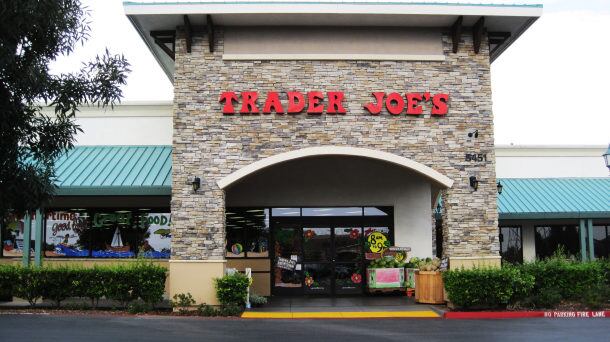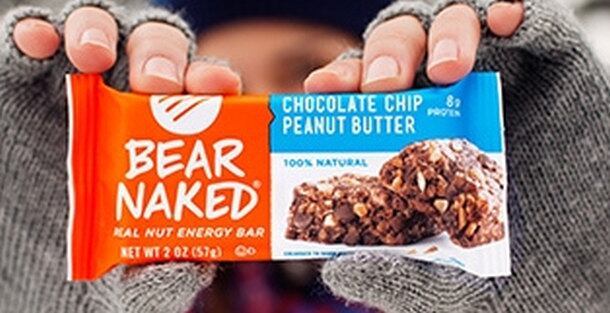The lawsuit - originally filed in November 2013 by plaintiffs Mary Garrison et al - accuses Whole Foods of misleadingly and unlawfully labeling muffins and other baked goods as ‘All Natural’ when in fact they contain Sodium Acid Pyrophosphate (SAPP), a “synthetic ingredient” used as a leavening agent.
(In January 2014, Garrison lodged another complaint over six additional SAPP-containing products.)
In a June 2 order rejecting most of Whole Foods’ challenges to both complaints, US district judge Vince Chhabria rejected arguments that the ‘all-natural’ claims were pre-empted by the federal Food, Drug and Cosmetic Act.
He also rejected Whole Foods’ claims that primary jurisdiction should apply (eg. that the FDA is best-placed to decide what is ‘all-natural’), adding: “FDA has repeatedly declined to adopt formal regulations regarding the meaning of the word natural… There is no clear indication the agency intends to revisit this decision any time soon.”
Judge to Whole Foods: Reasonable consumers might assume that 'all-natural' products don't contain SAPP
While Whole Foods said Garrison had not proved consumers were likely to be deceived by its labeling, Judge Chhabria begged to differ, adding that it was plausible that a reasonable consumer “could interpret the words ‘all natural’ to exclude synthetic compounds such as SAPP, and therefore be misled by Whole Foods' labeling”. And at this stage of the proceedings, ”that is sufficient”, he said.
While Judge Chhabria rejected claims for unjust enrichment and injunctive relief (which means the plaintiffs cannot force Whole Foods to change its labels), he said that for the products they purchased, the named plaintiffs (Mary and Grace Garrison) “have adequately alleged a concrete and particularized injury caused by Whole Foods' conduct that can be remedied by a damages award”.
More controversially, he also decreed that that they had standing to bring claims on behalf of class members who purchased any of six allegedly mislabeled Whole Foods products, despite having bought only three of the products themselves.

California federal courts have ruled inconsistently
Commenting on Judge Chhabria’s order in Lexology, Ronald Rothstein, a partner at the Chicago office of law firm Winston & Strawn, said the last point was a bone of contention.
“California federal courts have ruled inconsistently on the issue of whether labeling lawsuits can include purchasers of similarly advertised foods that were not actually purchased by the plaintiff.”
CA judge certifies classes in Blue Diamond and Dole ‘all-natural’ cases
The other big news on the ‘all-natural’ front has been the decision by California federal judge Lucy Koh to certify a class of California consumers who bought Almond Breeze products featuring the label statements ‘evaporated cane juice’ and/or ‘All Natural’; plus nationwide and California- wide classes of consumers who bought Dole fruit products containing citric acid and ascorbic acid making the front-of-pack claim ‘All Natural Fruit’.
Arnold Friede, senior food and drug law attorney with Sandler, Travis & Rosenberg, P.A in Miami, said the fact Koh had accepted the plaintiffs’ proposed ‘regression’ model for calculating damages (which works out how much extra they paid for products specifically due to the ‘all-natural’ claims) was big news.
In other similar cases, he noted, judges have determined that plaintiffs cannot seek monetary damages because they have not come up with a viable legal theory for how to calculate them (click HERE).
“Remember, class certification is probably the key stage of the litigation. Once a class is certified, the risk of a very substantial damages award increases exponentially. Most companies are unwilling to incur that risk and tend to settle if and when class certification is granted."

Once a class is certified, the risk of a very substantial damages award increases exponentially
But Judge Koh said that if the regression model was proved at trial, it would be an adequate basis on which to award California class-wide damages, said Friede.
“So here’s a strong basis for plaintiffs getting past the class certification. They don’t have to prove actual damages at that time. All they have to prove at the class certification stage is the fact that the regression model, if and when and applied properly, is capable of establishing class wide damages.
"This is huge.”
The cases are: Garrison et al. v. Whole Foods Market Inc., 3:13-cv-05222; Garrison v. Whole Foods Market California Inc. et al., 3:14-cv-00334; Chris Werdebaugh et al. v. Blue Diamond Growers, 5:12-cv-02724; and Brazil v Dole Packaged Foods LLC, 12-CV-01831.
